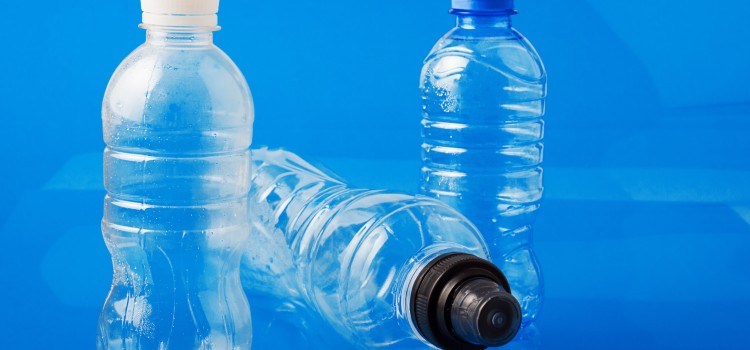Did you know that lacrosse is one of the fastest-growing sports in the U.S.? In the last five years, the number of young athletes playing lacrosse rose 158 percent. That’s a meteoric rise.
I checked with the Texas Scholastic Lacrosse Association, Inc. (TSLA), the governing body for the Texas High School Lacrosse League, and learned the league has 90 Member School Programs for the 2014/2015 season, and more than 3,700 high school student athletes across the State of Texas. At this rate, it’s important for parents to start paying more attention to this sport.

